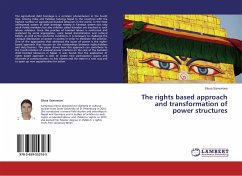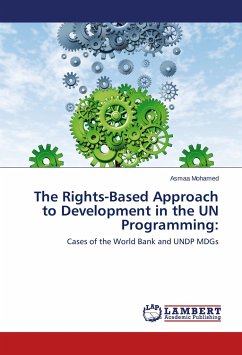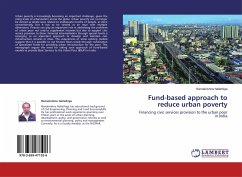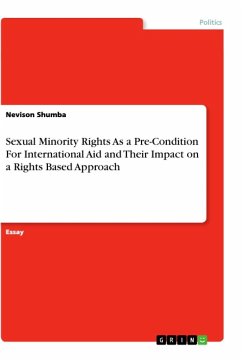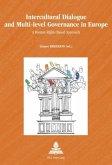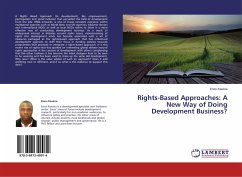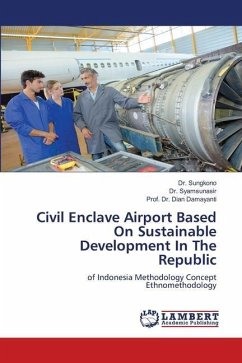The agricultural debt bondage is a common phenomenon in the South Asia. Among India and Pakistan belongs Nepal to the countries with the highest number of agricultural bonded labourers in the world. In the most widespread system of debt bondage namely in Kamaiya system not only adult family members but also children called Kamalari are involved in such labour relations. Since this practice of bonded labour is reinforced and sustained by social segregation, caste based discrimination and cultural beliefs, as well as the economic conditions, it is necessary to challenge the unequal distribution of power in society in order to eliminate this practice. One of the approaches that addresses the issues of power is the rights-based approach that focuses on the relationships between rights-holders and duty bearers. This paper shows how this approach can contribute to the transformation of unequal power relations on the case of the Kamalari child bonded labourers in Nepal. It was found that the application of rights based approach is able to create new participatory spaces and channels of communication, to link citizens and the state in a new way and to open up new opportunities for action
Bitte wählen Sie Ihr Anliegen aus.
Rechnungen
Retourenschein anfordern
Bestellstatus
Storno

